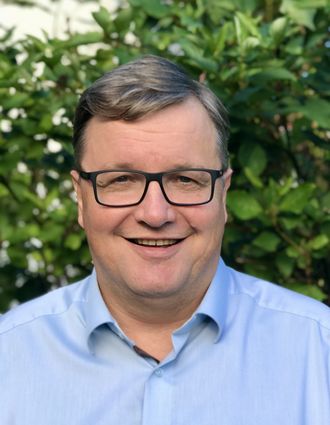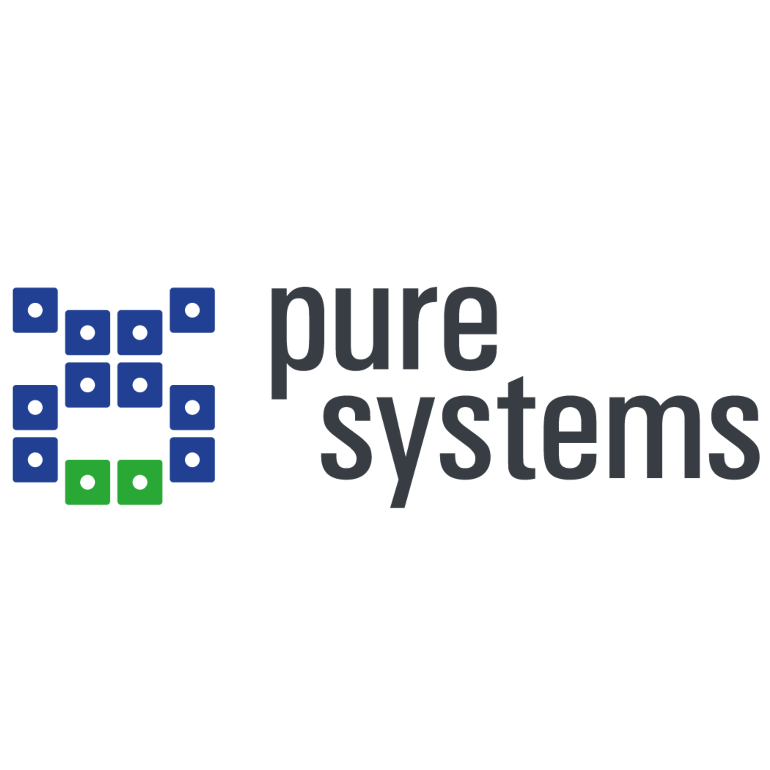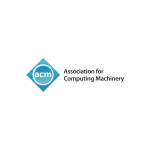Workshops keynotes
Paul Grünbacher (WEESR and REVE)
(Johannes Kepler Universität Linz)

Keynote title: Risks and Opportunities of the Research Loop in Variability Engineering
Keynote abstract: A typical research approach in software engineering is to lift engineering challenges into abstract problems, solving them, and applying the results. The keynote talk will explore this research loop in the context of (reverse) variability engineering. Based on ideas of John Regehr’s interesting blog article (https://blog.regehr.org/archives/1582) the talk will discuss research risks and research opportunities: in particular, moving from concrete to abstract can be risky in variability engineering if the abstractions are no longer relevant for the real-world challenges to be addressed. Moving from abstract to concrete on the other hand often means solving real engineering problems but can also provide new insights leading to research opportunities. The talk will report lessons learned from working with different industry partners in the domain of variability engineering. It will cover areas such as variability modelling, variability and evolution, variability-aware analysis, as well as software process issues.
Bio: Paul Grünbacher is an Associate Professor and Deputy Head at the Institute of Software Systems Engineering at Johannes Kepler Universität Linz (Austria). His research interests include software product lines, model-based development and evolution, requirements engineering, and software monitoring. Over the last 15 years Paul has been heading research projects in these areas with partners from the industry. Paul is an Editorial Board Member of the Empirical Software Engineering Journal (Springer) and the Information and Software Technology Journal (Elsevier). He is regularly serving as a reviewer for international journals and conferences. He is member of ACM, ACM SIGSOFT, the IEEE CS, the Austrian Computer Society, and Euromicro.
Jordi Cabot (MODEVAR)
(Open University of Catalonia)
Keynote title: How to sustain a tool building community-driven effort. Experiences from the modeling trenches
Keynote abstract: Success of any modeling initiative is strongly liked to the availability of good supporting tool. Indeed, we have seen languages grow and die based on the capacity of the language community to provide a usable, well-documented, stable and efficient tool to potential industrial partners interested in adopting such language. There is clear gap between the needs of these industrial users and the proof-of-concept quality tools produced by most research efforts. And current evaluation agencies and programs do not properly reward long-term investment in tool development which makes bridging gap a big challenge. In my teams we have released over 20 model-based tools. Some of them died alone, we had to kill others due to a lack of resources and only a handful knew some success and popularity. In this talk, I will discuss some of these failures and provide some lessons learned and useful tips for the sustainable development of new modeling tools that could become a new de facto standard in the community.
Bio: Jordi Cabot is an ICREA Research Professor at Internet Interdisciplinary Institute, the Research center of the Open University of Catalonia (UOC) where he is leading the SOM Research Lab. Previously, he has been at École des Mines de Nantes, Inria, University of Toronto, Politecnico di Milano and the Technical University of Catalonia. His research falls into the broad area of systems and software engineering, especially promoting the rigorous use of models in all types of engineering tasks and complex domains. Current research topics include pragmatic formal verification techniques, analysis of developer communities, modeling of complex systems and the role AI can play in software development (and vice versa).
Norbert Siegmund (VariVolution)
(Leipzig University)
Keynote title: Performance Evolution in Configurable Systems
Keynote abstract: Today, one can hardly imagine any complex software system that is not configurable. At the same time, software is not a static entity. Instead, software evolution is one of the driving forces in software engineering. We study how performance and other quality attributes change over time and how this evolution interplays with software configuration. In this talk, I will report on our attempts of bringing both dimensions in space (configuration) and time (version history) together such that we can identify configuration-dependent performance change points and evolutionary patterns. From these insights, I will spark a discussion on future challenges in performance evolution and promising solutions.
Bio: Norbert Siegmund holds the Chair of Software Systems at Leipzig University, Germany. Prof. Siegmund received his PhD with distinction in 2012 from the Otto-von-Guericke University Magdeburg. His research aims at the automation of software engineering by combining methods from software analysis, machine learning, and meta-heuristic optimization. His special interests include MLOps and configurable software systems, performance and energy optimization, and digitization based on MicroServices and Web technologies. He is author and co-author of more than 70 peer-reviewed scientific publications. He regularly serves in program committees of top-ranked international conferences and is in the review board of the renowned journal IEEE Transactions on Software Engineering. He is a founding member of the Java User Group Thuringia.
Antonio Bucchiarone (VM4ModernTech)
(Bruno Kessler Foundation)
Keynote title: Variability and Adaptability in Socio-Technical Systems
Keynote abstract: A key challenge posed by modern technologies is that software applications need to cope with open and continuously evolving environments and to operate under dynamic circumstances (e.g., changes in the users requirements, changes in the availability of resources). Indeed, dynamically discover, select and adapt the appropriate functionalities in such environment is a challenging task. Self-adaptation approaches represent effective instruments to tackle this issue, because they allow applications to adapt their behaviours based on their execution environment. Unfortunately, although existing approaches support run-time adaptation, they tend to foresee the adaptation requirements and related solutions at design-time, while working under a “closed-world” assumption. In this keynote the objective is to present a way of approaching the design, operation and run-time adaptation of socio-technical systems, by considering the variability and adaptability as intrinsic characteristics of applications and from the earliest stages of their development. I will introduce a set of approaches I developed in the last years to manage the complete lifecycle for the continuous development and deployment of modern applications, by facilitating (i) the continuous integration of new functionality/requirement that can easily be managed at runtime, and (ii) the operation of applications under dynamic circumstances, to face the openness and dynamicity of the environment. The proposed approaches will be introduces exploiting various socio-technical systems in the field of Service-based applications, Microservices, Gamified Systems, Smart Mobility, etc..
Bio: Antonio Bucchiarone is currently a Senior Researcher at the Motivational Digital Systems (MoDiS) research unit of the Bruno Kessler Foundation (FBK) in Trento, Italy. His research activity is focused principally on many aspects of the Software Engineering for Adaptive Socio-Technical Systems. In the last 12 years, he has investigated advanced methodologies and techniques supporting the definition, development, and management of distributed systems that operate in dynamic environments, where being adaptable is a key intrinsic characteristic. His main research topics include: Self-Adaptive (Collective) Systems, Domain Specific Languages for Socio-Technical System, and AI planning techniques for Automatic and Runtime Service Composition. He received a Ph.D. in Computer Science and Engineering from the IMT School for Advanced Studies Lucca in 2008 and since 2004 he has been a collaborator of Formal Methods and Tools Group at ISTI-CNR of Pisa (Italy). He has been actively involved in various European research projects in the field of Self-Adaptive Systems, Smart Mobility and Constructions and Service-Oriented Computing. He was the General Chair of the 12th IEEE International Conference on Self-Adaptive and Self Organizing Systems (SASO 2018) and he is an Associate Editor of the IEEE Transactions on Intelligent Transportation Systems (T-ITS) Journal, the IEEE Software Journal and the IEEE Technology and Society Magazine. In 2018, he started a new research topic in his research group on Gamified Software Modeling with the objective to define methods, theories, and tools to bound gameful mechanisms to existing software applications and create gamified scenarios in Software Engineering. In this way, potential adopters are only required to define the game elements and how they should be combined, while the remaining game automation part is obtained for free. Interestingly, this research line has the objective not only simplifies the adoption of gamification elements in pre-existing software applications, but it also discloses the opportunity of enhancing the engineering of gameful applications as well as the management of the combination of multiple games.
Sponsors
© 2024 SPLC 2021 | Leicester, United Kingdom






